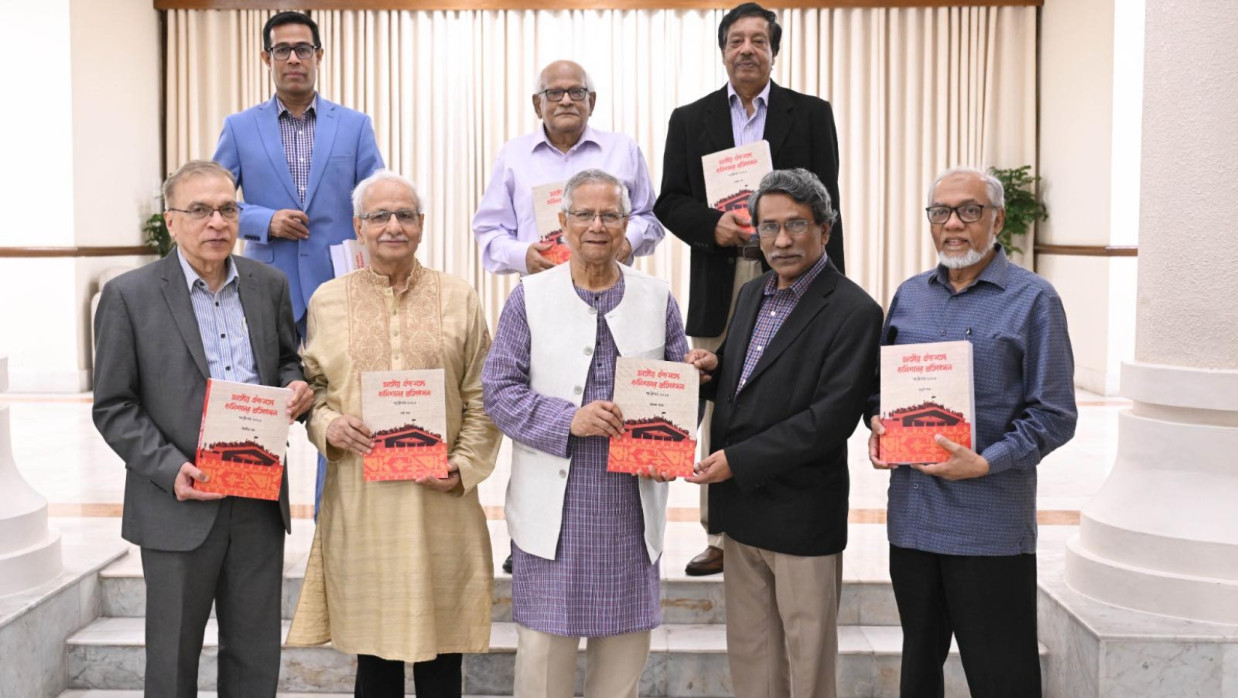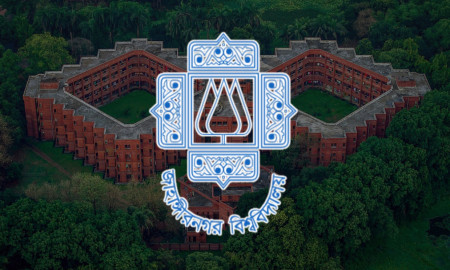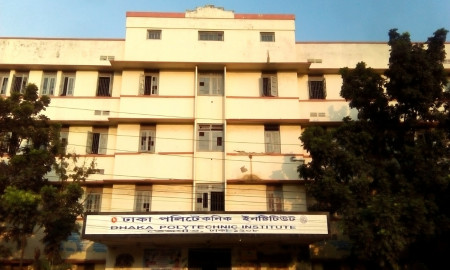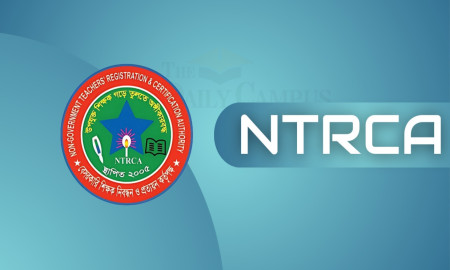July National Charter
Government to Decide Referendum Date

The National Consensus Commission has submitted its recommendations to the interim government on implementing the July National Charter, proposing that a referendum be held after issuing a special constitutional order. The government will decide whether the referendum will take place on the same day as the next national parliament election or before it.
The order will be named ‘July National Charter (Constitutional Reform) Implementation Order’. It will include a full roadmap for implementation, rooted in the July Mass Uprising. A separate ordinance will be enacted specifically for conducting the referendum.
Referendum Question (as per draft): “Do you consent to the July National Charter (Constitutional Reform) Implementation Order, 2025, and the constitutional reform proposals included in its Schedule-1?” (Alternative version: Omit “draft bill” if automatic implementation applies.)
Out of 84 reform proposals in the Charter, 48 are constitutional. These will be listed in Schedule-1 of the order in the form of draft bills. No dissenting opinions from political parties will be included in the schedule or put to referendum.
If the referendum passes:
- The next elected parliament will function as a Constitutional Reform Council alongside its regular duties.
- It must complete constitutional reforms within 270 days from the first session.
- The Charter will be incorporated into the Constitution.
Alternative Recommendation: If parliament fails to implement within 270 days, the proposals automatically become part of the Constitution.
Upper House (High Chamber):
- Formed within 45 days of constitutional reform.
- Based on Proportional Representation (PR) using nationwide vote shares from the national election.
- Term ends simultaneously with the lower house (National Parliament).
- Candidate lists not required in advance for this cycle.
Non-Constitutional Proposals:
The remaining proposals will be implemented through ordinances and executive orders immediately. The Commission has specified which fall under each category.
Submission and Briefing
On Tuesday (October 28), the recommendations were handed to Chief Adviser Prof Muhammad Yunus. Later, at a press conference at the Foreign Service Academy, Commission Vice-Chair Prof Ali Riaz detailed the proposals.
The Commission offered two alternative paths for the 48 constitutional reforms:
- Referendum on the Order + Draft Bills → Parliament implements within 270 days.
- Referendum on the Order + Proposals → Auto-implementation if parliament fails.
In both cases, political parties’ dissenting views will not appear in the referendum. A “yes” vote means full acceptance of the Commission’s version.
Referendum Timing: Government’s Call
The Commission did not set a fixed date. The draft order states:
“The referendum shall be held at an appropriate time before the upcoming national parliament election or on the same day, after issuance of the Implementation Order.”
Prof Ali Riaz said:
“We have not fixed any timeline. The government can hold it anytime between issuing the order and election day. We’ve advised them to consult the Election Commission—this is their responsibility. A separate ordinance for the referendum will be part of the order.”
Some parties (e.g., BNP) favored holding the referendum on election day with separate ballots. Others (e.g., Jamaat-e-Islami, NCP) wanted it before the election. The Commission left the decision to the government.
Referendum Question & Public Understanding
The referendum will be a single “package” question—not 48 separate ones.
Riaz addressed concerns about complexity:
“Referendums usually have 1–2 questions. Some countries had 5–6. Turkey passed 21 reforms in one vote. Trust the people. The government must simplify and deliver the message to every doorstep.”
On partial agreement (e.g., supporting 10 out of 48):
“This is a package. Voters decide based on overall merit. Bangladesh isn’t the first to bundle reforms in one question.”
If the referendum fails:
“It means the people have rejected the reforms.”
Constitutional Reform Council
- Formed with elected MPs after the national election.
- Dual role: Regular parliament + Reform Council.
- Separate oath as Council members.
- First session: Within 30 days of election results.
- Quorum: 60 members.
- Leadership: Speaker and Deputy elected in first meeting.
- Decisions: Simple majority.
- Duration: 270 days from first session.
- Power: Constituent power—but bound by the Charter’s commitments.
Riaz: “Constituent power doesn’t mean ‘write anything.’ It’s for fundamental reform the regular parliament can’t do.”
Example: If the Charter says the PM cannot be party head, the Council cannot change it.
Dissenting Views: Not in Referendum
Of the 48 constitutional proposals, at least 36 have dissenting notes from one or more parties. These were recorded in the October 17 signed Charter with a note:
“Any party winning a mandate can pursue alternatives in their manifesto.”
But in the Implementation Order draft, dissent is omitted. The Council must follow Schedule-1 exactly.
Riaz:
“We prioritize public consent over party dissent. The 48 proposals go to the people as a package.”
Non-Constitutional Reforms
Prof Riaz:
“Non-constitutional proposals can be implemented immediately via ordinances or office orders. We’ve specified which is which. The government should act without delay.”
Background & Process
- Six reform commissions → 84 proposals → July National Charter (signed October 17).
- Consensus on referendum, but disputes on timing, legal basis, method.
- Post-signing, Commission held formal/informal talks with parties and experts (ended October 9).
- Some parties (e.g., NCP) haven’t signed yet. Riaz hopes they will:
“They played a big role. We want everyone on board.”
Present at Briefing
- Commission Members: Badiul Alam Majumdar, Justice Md Emdadul Haq (retd), Iftekharuzzaman, Md Ayub Mia, Safar Raj Hossain
- Chief Adviser’s Team: Press Secretary Shafiqul Alam, Special Assistant Mahfuz Alam (Mahfuz Haider)
The Commission expects positive consideration from all political parties.








